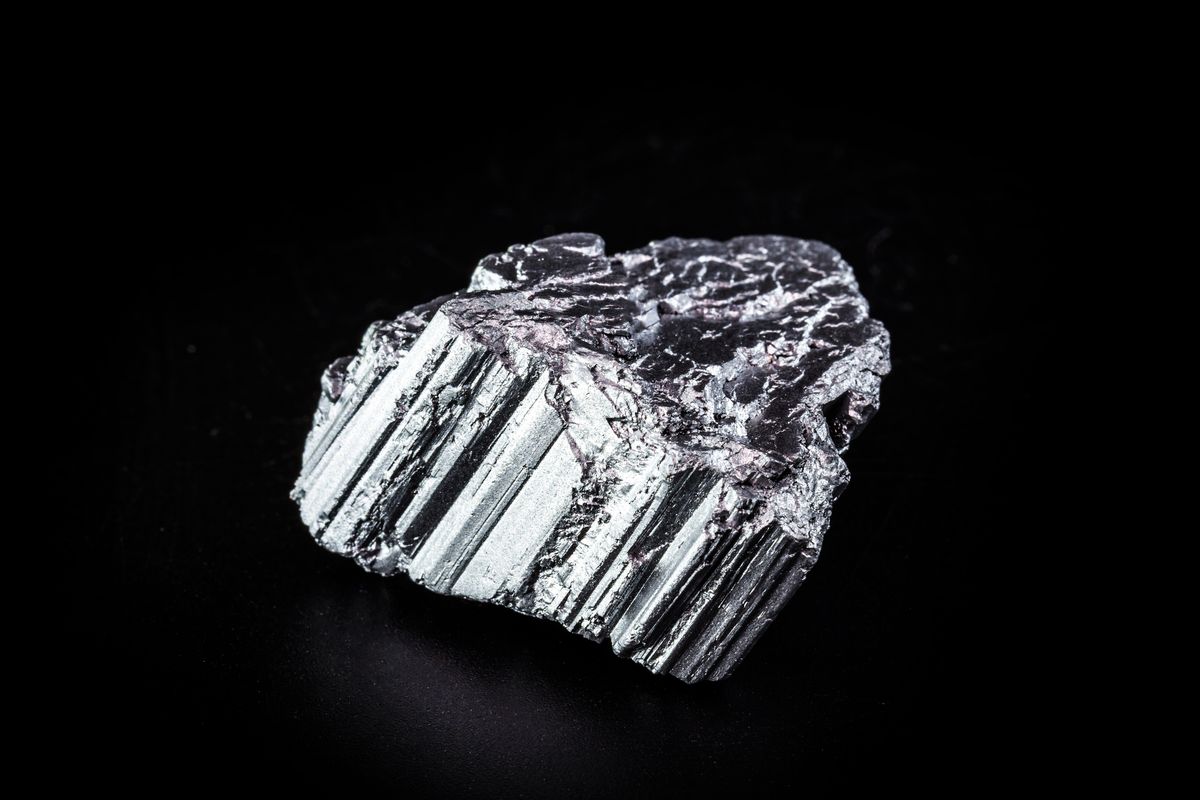TIM NEWCOMB

China is reportedly moving toward banning rare earth metal exports to keep high-tech advantages within the country.
By limiting supplies of high-performance components—such as magnets—to the rest of the world, China could take a swing at the economies of the United States and Japan, among others.
Plans to implement the export ban could be finalized in 2023.
In a high-tech and high-stakes game of you-can’t-have-what-I-have, China is quickly moving toward a ban on certain rare earth metal exports. The policy change could create a disruption in non-Chinese economies unable to source enough rare earth metals needed for high-tech products and high-performance magnets.
In a report from Nikkei out of Beijing, China’s move will likely come soon in 2023, as the amendment to the country’s technology export restriction list has already passed several hurdles. This update to the list of banned export materials is likely to cause significant issues for both the United States and Japan.
This all comes as a response to the U.S. and others limiting their own exportation of high-tech microchips, leaving China on the outside looking in. The Asia News Network says Xi Jinping, China’s president, has focused on magnets as an economic growth point and a national security benefit.
These rare earth metals are key to the production of a variety of high-tech products and rare earth magnets found in electric motors (including electric vehicles), robots, airplanes (military and otherwise), and commonly used goods like mobile phones.
According to the Asia News Network, China has an “84 percent share of the global market in neodymium magnets and over 90 percent interest in samarium cobalt magnets.” Japan holds most of the remaining share. If China does cease all exportation of these materials, much of Europe and the U.S. will become wholly dependent on China to produce components—and likely products—from the materials, taking away key production strongholds for other countries.
Nikkei says that the majority of rare earth metals—whether mined in China or not—head to the country for refining, but the U.S. is still a leader in producing products using rare earth magnets. “They’re likely going to use rare earths as a bargaining chip since rare earths are a weak point for Japan and the U.S,,” a source told Nikkei.
The U.S. Geological Survey says China produces just over two-thirds of all rare earth metals, with double the amount of mine reserves as the next closest nation. Asia Financial says that processing rare earth is toxic, leading some countries to delay or limit their entry into the market. China, which has a more lenient stance on environmental and health concerns, has not held back.
In 2021, the U.S. Department of Defense awarded Australian-based Lynas Corporation a $120 million contract to construct a rare earths processing facility in Texas, which could open in 2025.
This isn’t the first time China has used exports of rare earth metals as a control lever. The country wouldn’t export the materials to Japan for two years—starting in 2010—over a Senaku Islands dispute. Since that time, Japan has focused on growing its magnet production. This latest threat, which began in December with the amendment proposal, has countries like the U.S. and Canada looking to speed up plans for an alternative supply chain for rare earth metals.
No comments:
Post a Comment